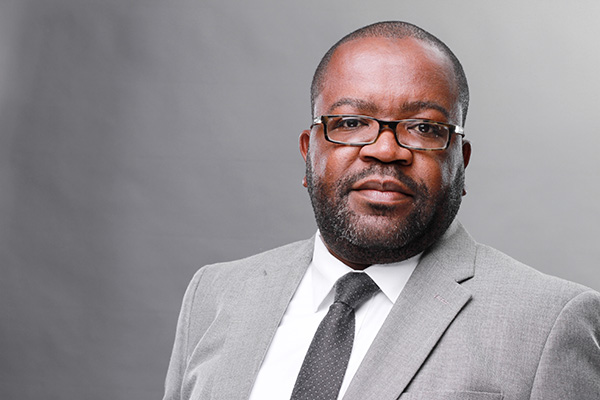Reflections on the CIES Conference – Part 1
A CIES Divide
The Comparative International Education Society (CIES) Conference just wrapped up (CIES 2015 – Washington, D.C. – March 8-13) and I’m left with making sense of my time there. I had a great time at the conference and learned a lot. I remain convinced that CIES is an association that I’ll continue to be a member. As it can be said for any conference, the sessions (including mine) ranged from Excellent to….hmmmm, I’m not sure what that was about. Rather than reflect on specific sessions, I’ll focus on what I perceived as a divide within CIES.
This year I noticed two ways in which attendees regard the conference and CIES as an association. Some seem to view the association as a forum for redressing injustices and as such seem concerned with ‘identifying and blaming the villain’; while others view the association as a development group.
CIES as a forum for identifying and blaming the villain
On one side of the divided are those that seem more concerned with ‘identifying and blaming the villain’ For example, a colleague who was attending CIES for the first time remarked, ‘Wow, I didn’t know that CIES was home to big agencies like USAID’. It’s no secret that there are those who perceive USAID, World Bank and other similar organization as villains who cause or are major contributors to global inequalities, injustices and various other problems. Often mentioned arguments against such organizations include: they do not respect local customs, they want to remake the world in an image that is inconsistent with local cultures, etc. For this camp, NGOs, IGOs, or other such international agencies are the problem and any mention of them causes convulsions. On this side of the divide, the purpose of CIES is seemingly to address and redress the problems that international organizations have brought to global education and as such, academics should disassociate instead of cozying up to them.
The CIES as a development group
On the other side of the divide are those who passionately believe that the way to transform the world is to work around the status quo – established structures or governments – and simply go to the people. This camp sees a world with many challenges and that we, members of CIES, should go and help. Of course often this help is in the form of ‘I need to be on the ground to help empower the people; they are empowered when their actions align with my beliefs.’ This camp seems to subscribe to the ideology that countries face challenges because the people are not empowered, or the academic discourse favorite – they do not have agency. Common statements include: they do not know how to read so they are easily taken advantage of, they are not informed of their rights, so we need to educate them on those rights…..in other words, we can make them better.
It is not that the topics that these two camps coalesce around are not important. The role of international agencies should be examined continuously, especially to determine if they accomplish what they purport. Additionally, empowerment of people all over the world is of critical concern and without addressing it, all the attempts at “development” or any aspect of systems change will fail. However, the disappointment for me in both groups is that the theme for this year’s conference was UBUNTU, which emphasizes togetherness and seeing oneself in another. I was hoping for more conversation on how to bridge the divides rather than defense of positions.
Admittedly my characterization of these divides is simplistic and both sides of the divide can point to evidence to support their positions. However, in a comparative society, the goal should not be to have two or more camps standing their ground and promoting their cause, it should be to engage with diverse views. The very nature of comparison is engagement with similarity as well as differences.

